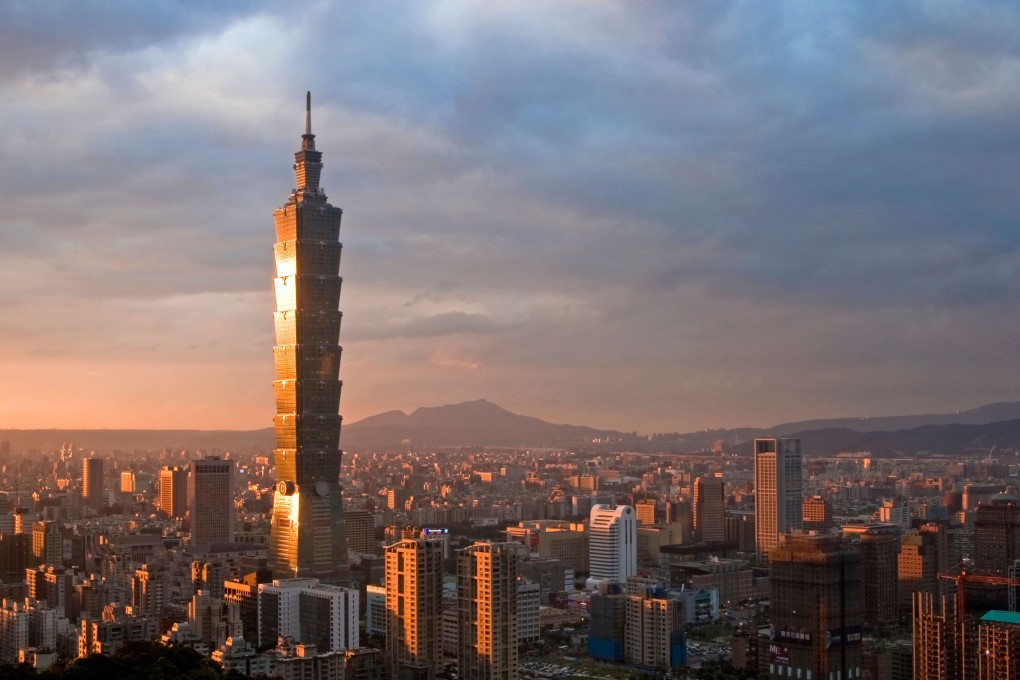Trendy Asian cities rival China for study tours
Taipei, Singapore and South Korea are hitting the mainland’s popularity as a destination. Summer holidays are coming, with the promise of fun and freedom for the little...

Taipei, Singapore and South Korea are hitting the mainland’s popularity as a destination.
Summer holidays are coming, with the promise of fun and freedom for the little ones, and study tours seem to be an attractive option that satisfies the burgeoning sense of independence and brings textbook knowledge alive.
For primary school-age children, the mainland, Taiwan, and Southeast Asia may be more suitable choices for a three- to-four-day study tour before they are ready for long-haul trips. It will also be easier to set parents’ mind at rest as schools or tour operators will not advise parents to accompany their children during the trip.
While the market is saturated with different study tour products, Matthew Nicholson, co-principal of the primary section at Yew Chung International School, has a few pointers as to what makes a study tour a truly meaningful experience for young students.
The school has a World Classroom programme for Year 5 and 6 students to go on study tours, mainly in Asia. Year 5 students can visit comparatively nearby destinations such as Xian, Beijing and Taipei.
When students reach their secondary years, they enrol in China Classroom, a tailor-made study tour programme that takes them to a wider range of mainland destinations such as Huangshan and Shanxi.
The key to making these study tours meaningful, Nicholson says, is to ensure that it is an organic part of their overall learning experience. For example, he recently took a group of students to Xian as part of their study of ancient China. Before they went on the trip, both parents and students were briefed about its learning goals, enabling them to make preparations beforehand.